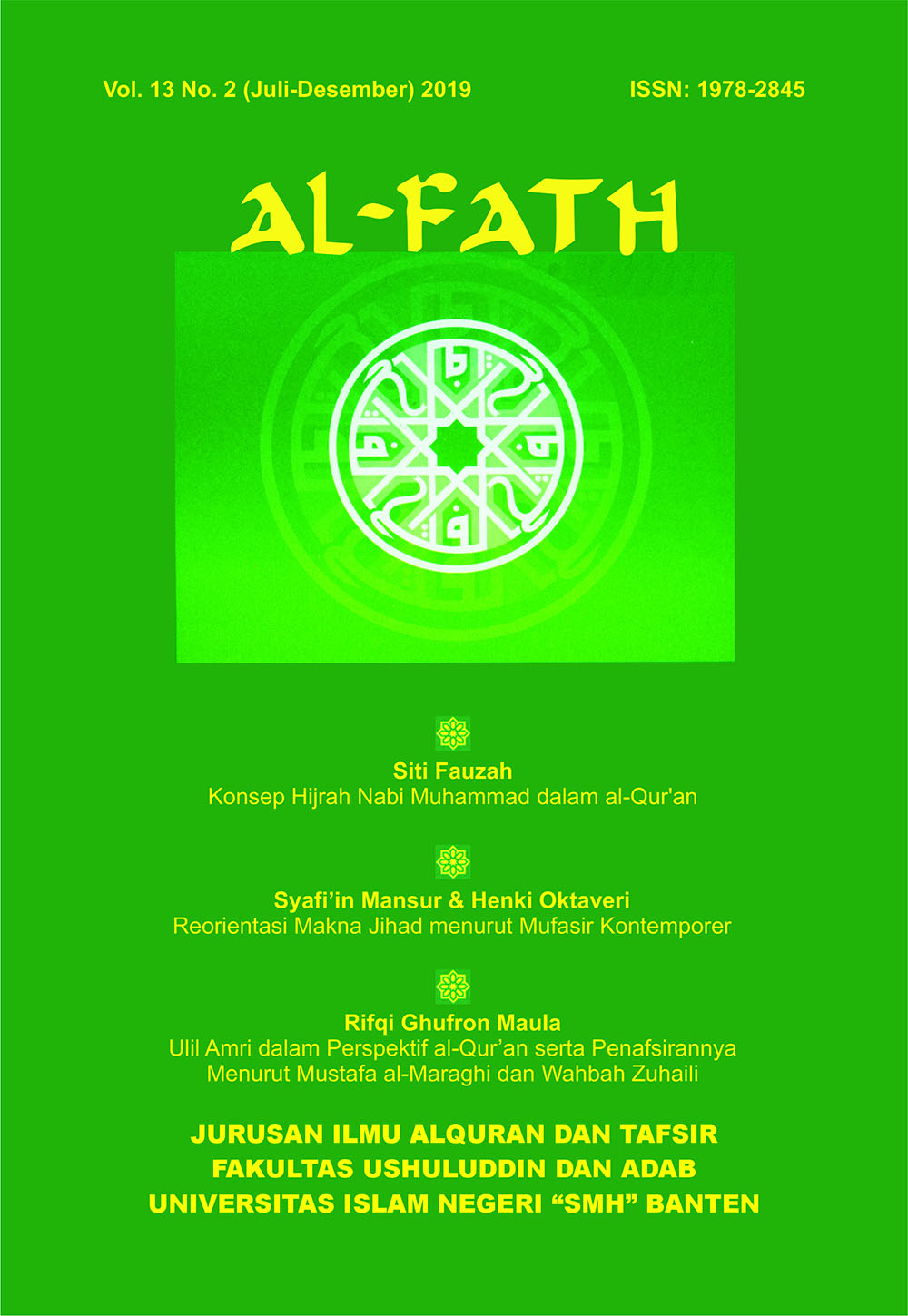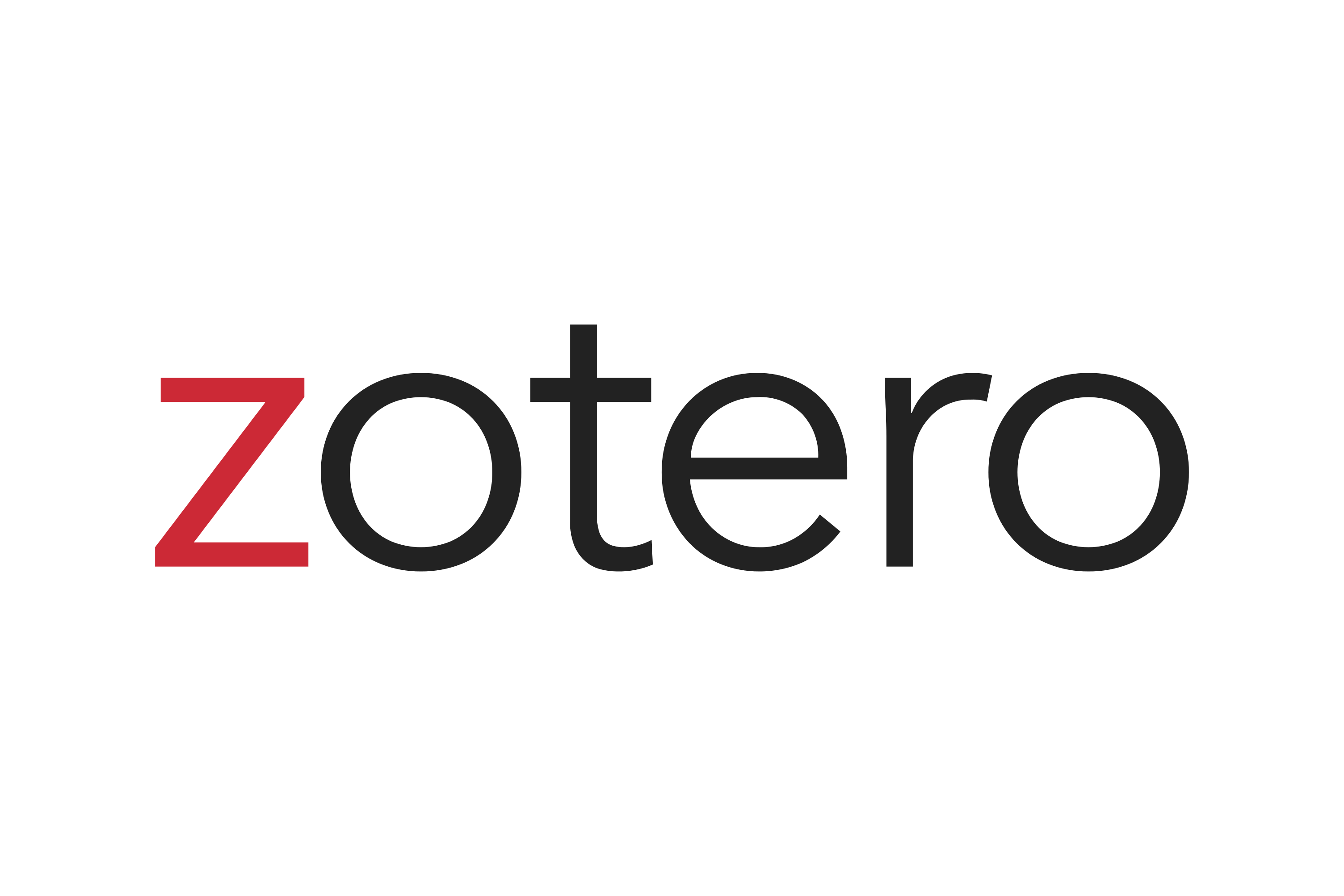Konsep Hijrah Nabi Muhammad dalam Al-Qur’an
Kajian Tematik Tafsir Al-Qur’anul Majid Karya T.M. Hasbi Ash Shidiqy
DOI:
https://doi.org/10.32678/alfath.v13i2.2898Keywords:
Hijrah, Nabi Muhammad, Tafsir al-Qur'anul MajdiAbstract
Hijrah pada masa Rasul adalah pindahnya dari negeri satu ke negeri yang lain, yaitu meninggalkan halaman dan pindah dari Mekkah ke Madinah. Karena tekanan dan kekejaman kaum kafir Quraisy di Mekkah tehadap orang-orang yang telah memeluk agama islam, maka beberapa orang sahabat disuruh oleh Nabi Muhammad, hijrah dari Mekkah ke Habsyah, di Habsyah mereka mendapat sambutan baik dari Najasyi (Negus) raja Habsyah. Dalam penulisan digunakandengan pendekatan studi kepustakaan (library research).Penafsiran T.M. Hasbi Ash Shidiqy mengenai ayat-ayat tentang hijrah Nabi Muhammad menjelaskan bahwa Nabi berhijrah dari Mekkah ke Madinah untuk menjaga Islam dan kaum Muslimin dan demi meraih cintanya Allah dan Allah menjanjikan kepada orang yang berhijrah bahwa mereka akan mendapat kemenangan, rahmat, keridhoan dan surga-Nya.
Downloads
Downloads
Published
How to Cite
Issue
Section
License
Copyright Notice

Al-Fath: http://jurnal.uinbanten.ac.id/ is licensed under a Creative Commons Attribution-ShareAlike 4.0 International License
An author who publishes in Al-Fath agrees to the following terms:
- Author retains the copyright and grants the journal the right of first publication of the work simultaneously licensed under the Creative Commons Attribution-ShareAlike 4.0 License that allows others to share the work with an acknowledgment of the work's authorship and initial publication in this journal
- Author is able to enter into separate, additional contractual arrangements for the non-exclusive distribution of the journal's published version of the work (e.g., post it to an institutional repository or publish it in a book) with the acknowledgment of its initial publication in this journal.
- Author is permitted and encouraged to post his/her work online (e.g., in institutional repositories or on their website) prior to and during the submission process, as it can lead to productive exchanges, as well as earlier and greater citation of the published work (See The Effect of Open Access).
Privacy Statement
The names and email addresses entered in this journal site will be used exclusively for the stated purposes of this journal and will not be made available for any other purpose or to any other party.










